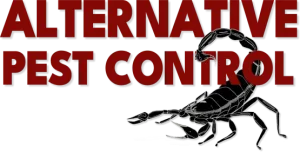How to Get Rid of Fleas
Dealing with fleas in the Texas Hill County can be [...]
Business Hours: Mon – Fri 8:30am to 5pm | Call Us: (830) 899-5400 | Email Us: info@crushabug.com
Dealing with fleas in the Texas Hill County can be [...]
As a resident of the Texas Hill Country you [...]
Even if you are terrified of spiders, know that they [...]
Mosquitoes can be a significant nuisance in the Texas hill [...]
No matter how clean and well-maintained your home may be, [...]
The Texas Hill Country, with its rugged landscapes and warm [...]
The Texas Hill Country, with its warm climate and abundant [...]
Use the form below to schedule a service. Provide your contact information and a brief description of your pest issue or the services you are interested in. Kristin from the office will contact you to discuss your needs and arrange a visit.
Copyright © Alternative Pest Control. All Rights Reserved. Site by Dream Maker Productions
